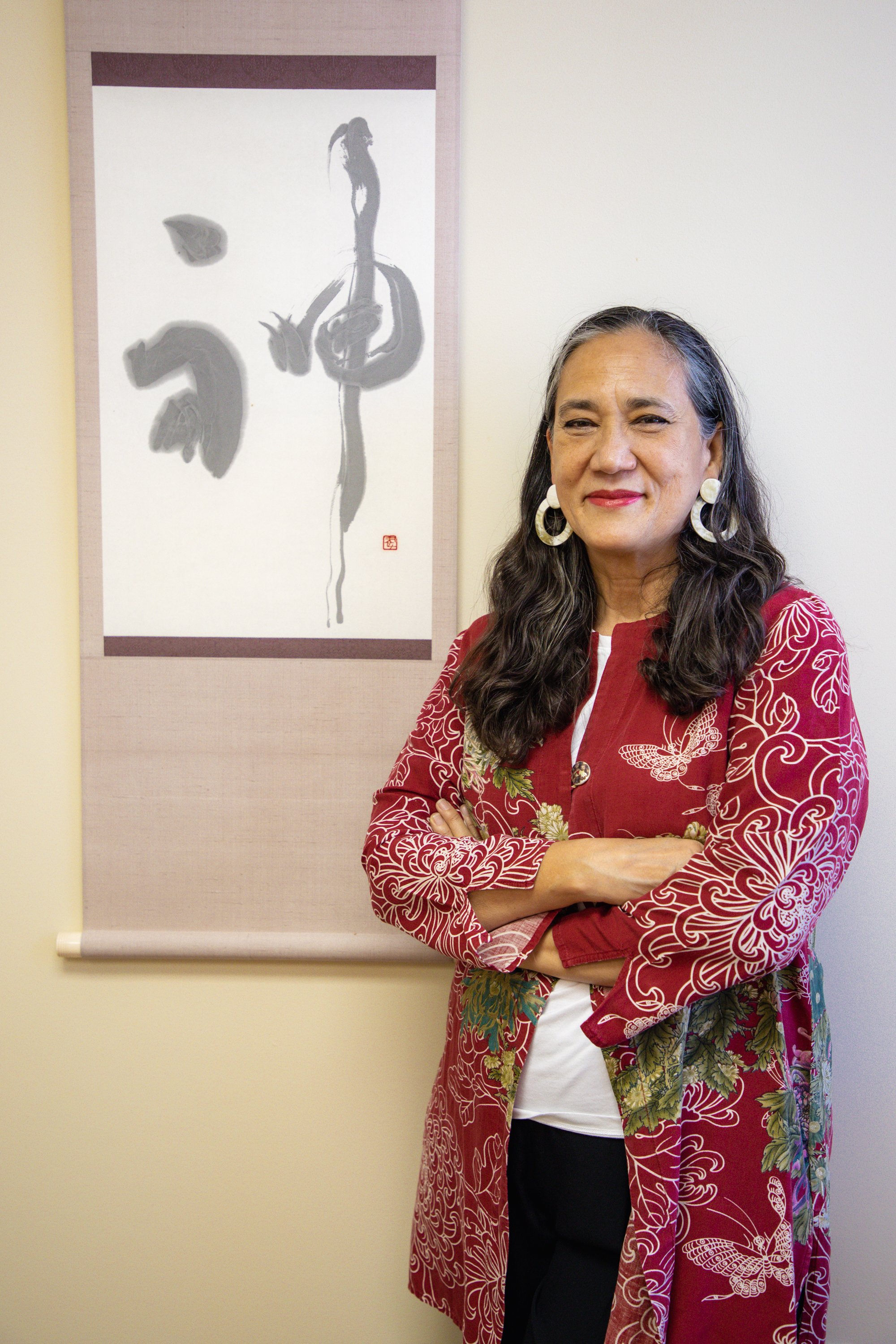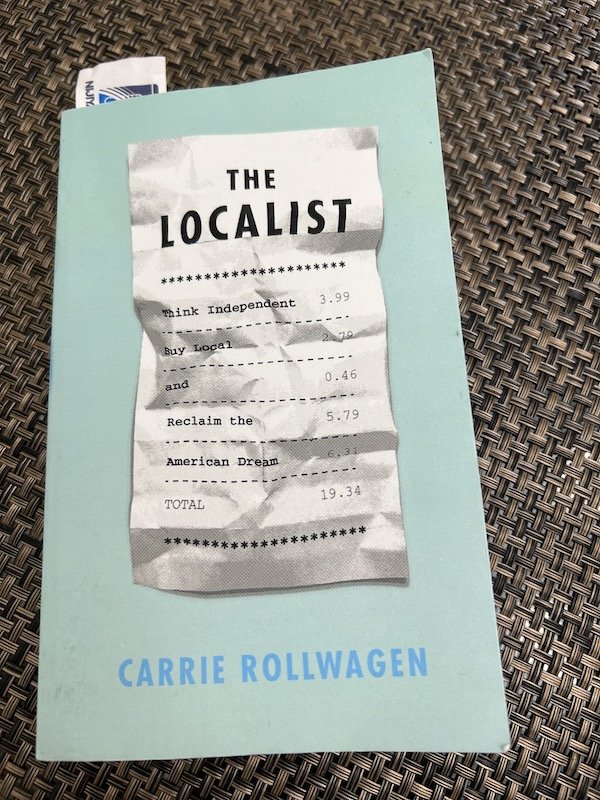Shop Local and Save Money. Yes, SAVE Money and Do Good.
On New Year’s Eve I came back home to Hawai’i, in time for the greatest amateur fireworks extravaganza on the planet.
After a few days, I’m suffering from culture shock. Everything is both weirdly familiar and slightly off. I feel like I’ve been teleported to an alternate universe and I’m not quite sure who I am anymore.
But I’ve been the outsider my whole life, which makes me observant.
I’m deploying those superpowers by devoting 2023 to coming up with new business models and practices for doing commerce with soul. I want to figure out how to bring the human(e) back into capitalism, and how to better cultivate our relationship with the planet and with each other. At 60, it’s time for grandiose goals! 🤣
Business can be such a powerful, generative and creative force for good.
We need to harness that power to nudge the world “ayewards” (towards good) rather than “naywards” (towards evil). Our world feels broken, but there are so many new solutions being created to tackle the tsunami of issues confronting us. As part of my 2023 mission I am reading like crazy, starting with “The Localist: Think Independent, Buy Local and Reclaim the American Dream” by Carrie Rollwagen.
I am marking up almost every page, it’s that good.
The impact of large-scale retail on our communities is massive. Let her count the ways:
Big box architectural blight
Cookie cutter indifference to local landscape
Eviscerating the local tax base
Investment spend made with larger, outside firms
Profit dollars reinvested outside the community
Inflexible business policies designed to serve shareholders, not community
Fewer charitable dollars kept local
Less accountability for local impact of business decisions
False allure of lower prices manipulating us into busting our budgets
Feeding our sense of isolation
Whew. I’m not even half way through the book.
You can give a shit about our planet, our society, and your neighbors, without becoming a zealot. By being conscious of how your spending directly affects your life and your community for the better, you can easily choose patience over convenience, and paying a higher per unit price than being baited with a lower price and then seduced into spending more than you planned on full-priced goods.
Strip malls aren’t designed for walkability; they’re designed to streamline sales and to force our eyes to lock onto bright, colorful corporate marks.
— The Localist: Think Independent, Buy Local and Reclaim the American Dream
Across the street from my generous friend’s condo is living proof.
She’s letting me stay in her place gratis, and there’s an ABC store a stone’s throw away. ABC (the joke: All Blocks Covered) stores are a fixture in Waikiki. They sell everything from tiki mugs to spam musubi. Everything you could possibly need as a tourist, from beach gear to gifts to take home, from bento boxes to booze.
Here’s the scoop.
This chain of 70+ stores was started by Sydney and Mildred Kosasa. Sydney grew up in his family grocery store and went to California to study pharmacy, just in time to be interned with 127,000 other Japanese Americans during World War II. He met his wife (the daughter of Sacramento grocers) in the Tule Lake concentration camp, and they opened their first Thrifty drug store in 1949.
It was at a drug store convention in Miami, that Sydney and Mildred saw how convenience stores served tourists dodging overpriced hotel stores. They believed in Waikiki’s future and decided to serve locals and tourists alike with sundries. The Kosasas opened their first ABC (real reason for the name: easy to remember! First in the yellow pages!) store in 1964, just in time to benefit from the jet travel-fueled boom in tourism.
ABC is the kind of local business Rollwagen talks about in her book.
They’ve given millions to the Hawai’i community foundation. They’ve been leaders in raising the minimum wage in a high cost of living state. They’ve kept their stores open during the pandemic even when travel to the islands was restricted, so that their employees would have income. It may hurt profits somewhat, but it ensures continuity and goodwill.
Their business decisions are made in the context of community.
But paying for a big building isn’t the same as investing in community; big business isn’t actually putting down roots in our cities and towns. A tree without roots isn’t just badly nourished: It’s also top-heavy, and when it falls, it’s likely to take out anything in its path.
— The Localist: Think Independent, Buy Local and Reclaim the American Dream
Unlike publicly traded retailers, they don’t serve only the shareholders. Like every local business, they serve an ecosystem of vendors and customers, and they are both willing and able to play the long game – to invest in the future, to take care of their community even when the timing and size of payback is unknown.
Thanks to the ABC store across the street, I get to shop with a higher purpose.
You can too. Read Rollwagen’s book and get inspired to make small purchasing decisions that will have a big impact on your community, foster your connection to others, and actually save you money in the long run.
Take one small step towards building a better world this year.
P.S. Here are the last Feng Shui Your Financial House posts in case you missed any!
29. Make Oodles More Money if You Follow This Simple Strategy
For more thoughts and ideas on financial intimacy, subscribe to my weekly newsletter Cultivating Your Riches.




